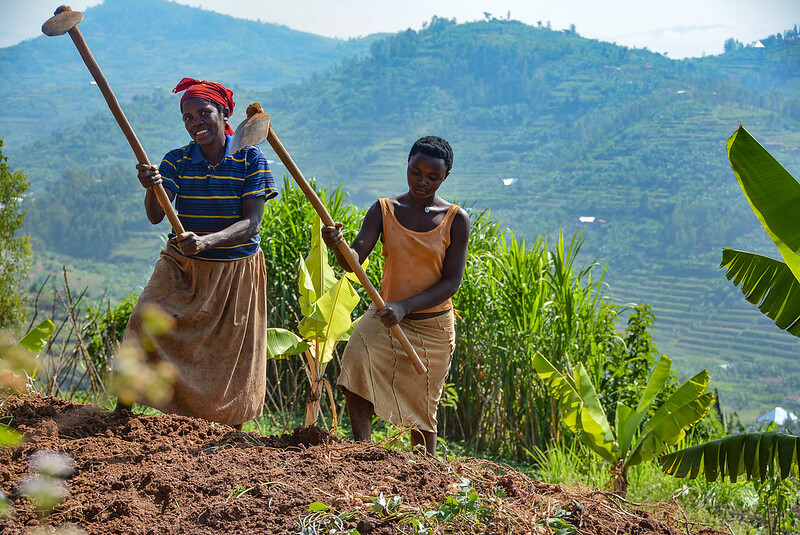How AFR is Improving Rwanda’s Financial Sector

Access to Finance Rwanda (AFR) is a nonprofit that began in 2010. It aims to stimulate the economy by increasing the use of financial services. AFR addresses the barriers that restrict financial sector service to the low-income population, with hopes to bring sustainable change and financial inclusion. The COVID-19 pandemic impacted their poverty levels and economy drastically, making AFR critical to recovery. Here is some information about Rwanda and how AFR is improving Rwanda’s financial sector.
Poverty in Rwanda
Poverty is not new for Rwandans, since it is one of the poorest countries in the world with 56.5% of the population living on less than $1.90 a day. However, this was before the COVID-19 pandemic which brought this percentage higher. The World Bank explained that “the overall increase in the poverty headcount is 5.7 percentage points, indicating an estimated additional 625,500 people falling into poverty.”
The harsh reality of the pandemic hit Rwanda hard, making foreign aid more important than before. The unfortunate aspect of the situation is the step back from previous successful progress.
How AFR Works
Access to Finance Rwanda (AFR) aims to help boost Rwanda’s financial sector, which is essential for its growth. It implements phases, each lasting five years with specific goals and targets to achieve. Each phase consists of Micro, Meso and Macro level achievements which all aid Rwandans in poverty.
Between 2010 and 2015, almost 1 million people in Rwanda were able to access and use financial services thanks to AFR and its partnership with other institutions. During the second phase, between 2016 and 2020, AFR partnered with the public and private sector and implemented interventions and allowed the access and use of financial services to around 2.5 million people in Rwanda. Its work speaks for itself and with more phases to come, Rwanda has a loyal and strong team fighting on its behalf.
AFR’s Objectives
AFR’s objectives are clear and demonstrate the importance of their job.
- “Increase access to financial services for poor rural and urban people and Micro, Small and Medium Enterprises (MSMEs);”
- “Improve the livelihoods of poor people through reduced vulnerability to shocks, increased income and employment creation;”
- “Provide funding and technical assistance to the public sector/private sector and/or civil society recipients in order to promote, and achieve, the objectives set out in paragraphs (a) and (b) above; and”
- “Carry on all other such things that are incidental or conducive to the attainment of the above.”
AFR upholds values of respect, integrity, collaboration, responsibility, quality and value for money. Its mission and vision are to bring inclusivity and diversity to Rwanda’s financial sector. This could bring sustainability and resilience to the economy and people.
Rwanda’s Future
Although the pandemic brought setbacks to Rwanda’s development, its previous progress brings hope for the future. Rwanda continues to have one of the fastest-growing economies in Central Africa. By 2035, Rwanda hopes to gain Middle Income Country Status and High Income Country status by 2050.
The pandemic resulted in Rwanda’s first recession since 1994, which is extremely impressive for this country. Not to mention, its economic growth brought immense improvement in living standards, “with a two-thirds drop in child mortality and near-universal primary school enrollment,” according to the World Bank.
Organizations like AFR grow every day in strength and number, so expect great improvement in years to come. Rwanda could return to making the progress it started over 20 years ago and the benefits could continue to improve life for Rwandans.
– Anna Montgomery
Photo: Flickr
